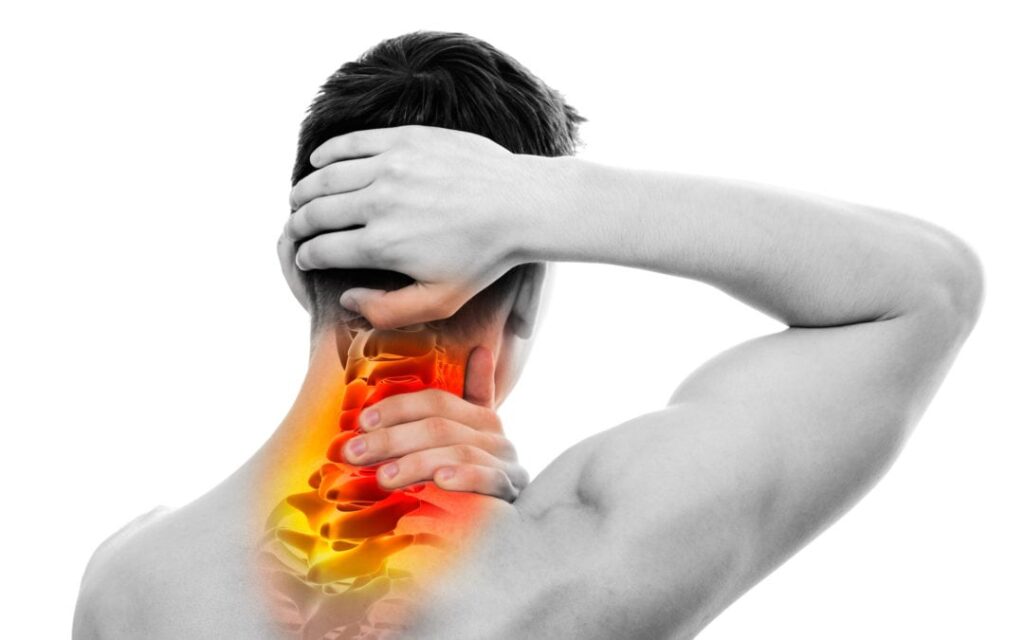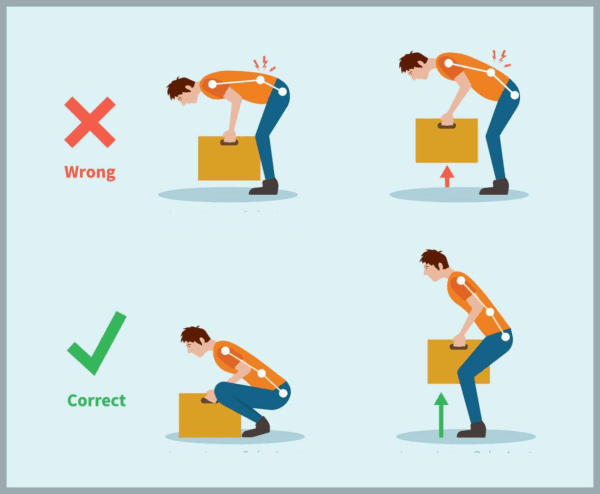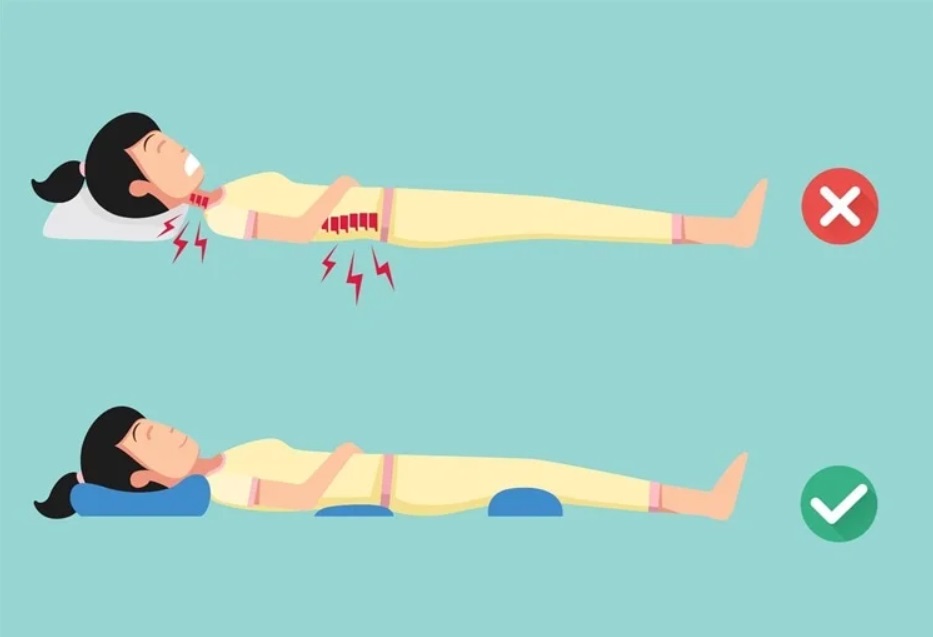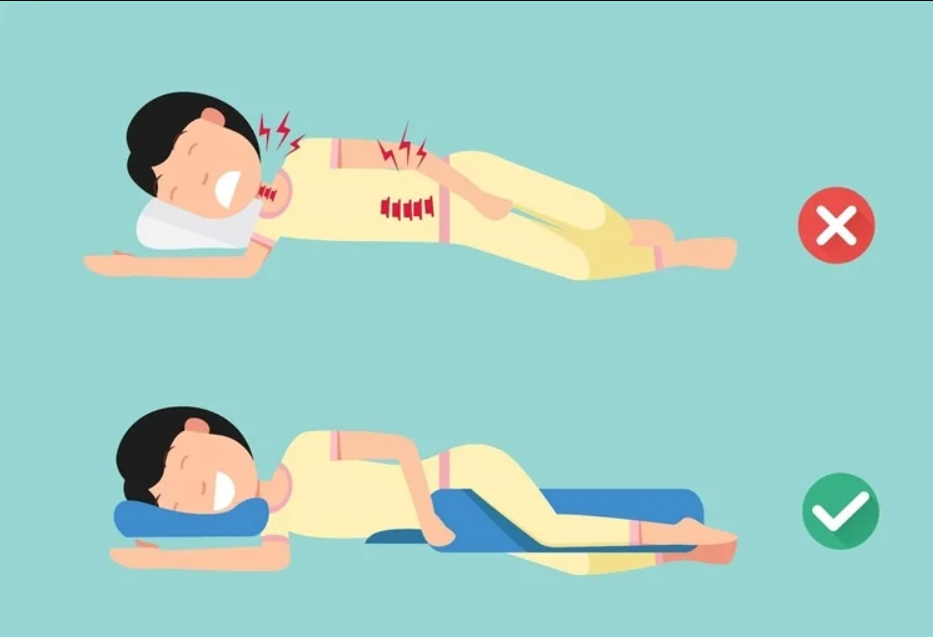The spine, often referred to as the backbone, is a crucial part of our body’s structure. It not only supports our posture but also protects the spinal cord, a vital component of our nervous system. Keeping your spine healthy is essential for your overall well-being, as a strong spine helps you move freely and enjoy life without discomfort. In this article, we’ll explore why spine health is important, how a bad spine can impact your health and life, how to maintain a good spine, and when it’s time to seek professional help.
Why spine health is important?
The spine is the central support structure of your body. It carries the weight of your head, shoulders, and upper body, allowing you to stand upright, bend, and twist. Beyond providing structural support, the spine also houses the spinal cord, a key part of the nervous system that transmits signals between your brain and the rest of your body. A healthy spine ensures that your body functions smoothly, allowing you to perform daily activities without pain or restriction
How a bad spine can impact health and life?
When the spine is not properly cared for, it can lead to a host of problems that affect both your physical and mental well-being. Poor spine health can cause:
Chronic Pain: Misalignment or damage to the spine can lead to persistent pain in the back, neck, and even in other parts of the body like the arms and legs. This pain can interfere with daily activities, making it difficult to work, exercise, or even sleep.


Reduced Mobility: A spine that’s not in good shape can limit your range of motion, making it hard to bend, twist, or lift objects. Over time, this can lead to a sedentary lifestyle, which can worsen your overall health.
Nerve Damage: If the spine is compressed or injured, it can impinge on nerves, leading to symptoms like numbness, tingling, or weakness in the limbs. In severe cases, nerve damage can lead to permanent disability.

Mental Health Issues: Chronic back pain and mobility issues can take a toll on your mental health, leading to stress, anxiety, and depression. The constant discomfort and limitations can make you feel isolated and frustrated, affecting your quality of life.
How to maintain a good spine?
Maintaining a healthy spine doesn’t have to be complicated. Here are some simple steps you can take to keep your spine in good shape:
Stay Active: Regular exercise, particularly activities that strengthen your core muscles (the muscles around your abdomen and back), helps support your spine. Activities like walking, swimming, and yoga are excellent for spine health.
Practice Good Posture: Whether you’re sitting, standing, or lying down, maintaining proper posture is key to preventing strain on your spine. Keep your back straight, shoulders back, and avoid slouching.

Lift Properly: When lifting heavy objects, use your legs to do the work, not your back. Bend your knees, keep the object close to your body, and avoid twisting your torso.


Maintain a Healthy Weight: Excess weight, especially around the abdomen, puts extra strain on the spine. Eating a balanced diet and staying active can help you maintain a healthy weight and reduce the risk of spine-related issues.
Sleep Smart: Your sleeping position and mattress can significantly affect your spine. Sleep on a mattress that supports the natural curve of your spine, and try to sleep on your side rather than your stomach.


When to seek a professional?
Sometimes, despite your best efforts, spine-related problems can arise. If you experience any of the following symptoms, it’s important to seek professional help:
Persistent Back or Neck Pain: If the pain lasts more than a few weeks or is severe, it’s time to consult a healthcare professional.
Radiating Pain: Pain that radiates from your back into your arms or legs could indicate nerve compression, which needs to be addressed by a professional.
Numbness or Tingling: These symptoms, particularly if they’re persistent, can be signs of nerve involvement and should not be ignored.
Weakness in the Limbs: If you experience weakness in your arms or legs, it could indicate a serious spinal issue that requires immediate attention.
Loss of Bladder or Bowel Control: This is a medical emergency and could be a sign of severe spinal cord compression. Seek medical help immediately if you experience this.
Your spine plays a fundamental role in your overall health and well-being. By understanding its importance, recognizing the signs of trouble, and taking proactive steps to maintain its health, you can enjoy a life free from the limitations that come with spinal issues. If you ever experience symptoms that concern you, don’t hesitate to consult a professional. Early intervention can make all the difference in keeping your spine—and your life—in great shape.
